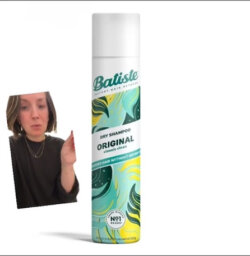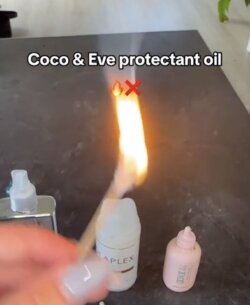Benzene in your products, Part 1: Bad science
It’s now Round 5 of “benzene in your products is giving you cancer” – over the last three years, this “known human carcinogen” been found in hand sanitiser, sunscreen, deodorant, dry shampoo, and now benzoyl peroxide acne products. I previously talked about benzene in sunscreen and dry shampoo, but it’s time for a deeper dive into these findings, and the …





